
OR
Long-term Power Trade Agreement
A positive milestone for Nepal-India bilateral relations
Published On: January 6, 2024 07:00 AM NPT By: Republica | @RepublicaNepal
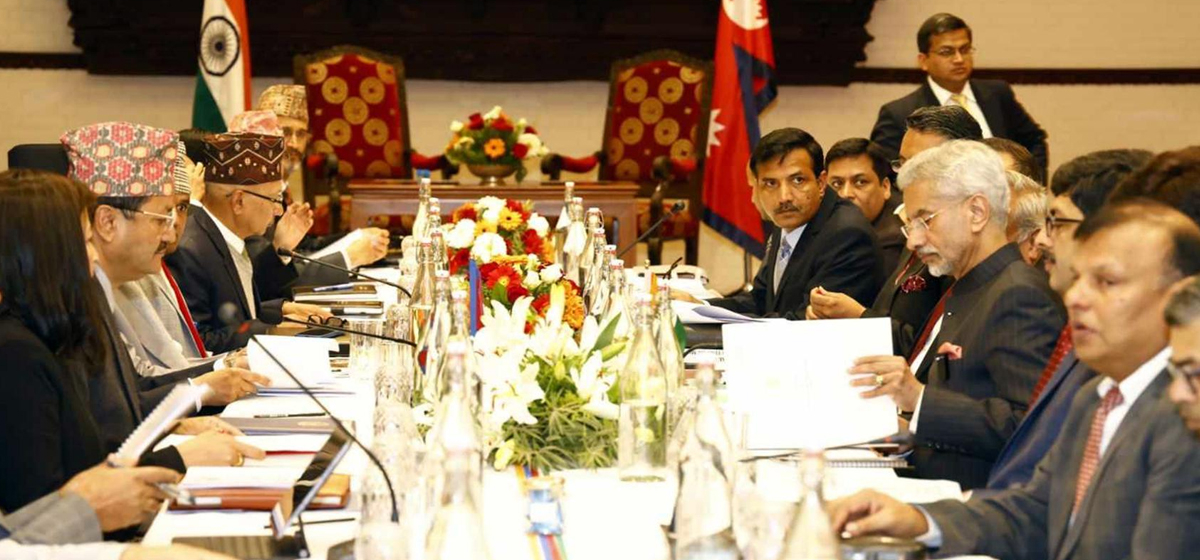
In a significant development, Nepal and India inked a long-term Power Trade Agreement (PTA) on Thursday, solidifying India's commitment to purchase 10,000 MW of electricity from Nepal over the next decade. This landmark agreement, signed during the Joint Commission (JC) meeting between the two countries, marks a pivotal moment in regional cooperation and energy trade. Experts in the energy sector hail this deal as a major breakthrough, bringing about numerous positive implications for both nations. The PTA is poised to provide a stable market for Nepal's abundant hydropower resources. Government officials have emphasized that this agreement opens new avenues for foreign direct investment in Nepal's electricity generation sector. It is, indeed, a commendable step towards fostering a favorable investment environment and attracting investors, both domestic and international, into the country.
This positive outcome follows the understanding reached during Prime Minister Pushpa Kamal Dahal's visit to India in 2023, where Indian Prime Minister Narendra Modi expressed a commitment to long-term electricity purchase from Nepal. The formalization of this commitment through the PTA not only guarantees a market for Nepal's electricity but also aligns with India's goal of achieving net-zero emissions by 2070. Kulman Ghising, managing director of the Nepal Electricity Authority (NEA), rightly points out that this agreement eliminates uncertainties and hesitations among investors. The assurance of a stable market for locally produced electricity is a game-changer, encouraging more investment in the sector.
Currently producing over 2,800 MW of electricity, Nepal stands in a prime position to benefit from the agreement. With an additional 119.11 MW added in the past six months and various private sector power plants under construction, Nepal's capacity is growing. The PTA ensures not only the market for the existing capacity but also encourages further development to meet both domestic and cross-border demands. The current surplus of electricity in Nepal, especially during peak season, goes to waste. The PTA addresses this issue by creating an outlet for excess electricity, making the energy production more efficient and sustainable.
Beyond the economic aspects, the agreement signifies a broader collaboration between Nepal and India. It opens avenues for various entities in both countries to engage in power trade through short-term, medium-term, and long-term contracts. This mutually beneficial relationship extends to the private sector stakeholders, allowing them to participate in the import and export of electricity. Needless to say, the Nepal-India PTA is undeniably a positive development with far-reaching implications. It not only ensures a market for Nepal's electricity but also contributes to regional cooperation, economic growth, and sustainable energy practices. This collaborative effort sets the stage for a brighter and more interconnected future for both Nepal and India.
You May Like This
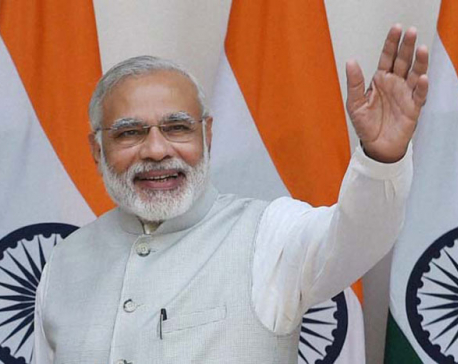
Nepal good friend of India: Deuba, India ready to support Nepal's development: Modi
NEW DELHI, Aug 24: Prime Minister Sher Bahadur Deuba, who is currently on a five-day state visit of India, said... Read More...
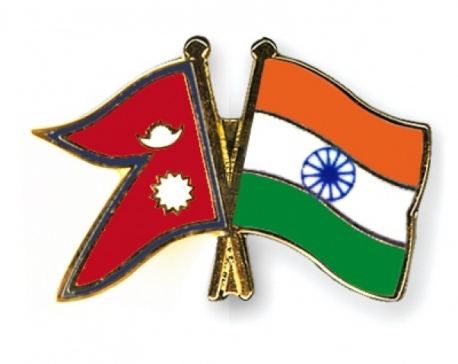
‘India ready to collaborate for prosperity of Gandaki Province’
KATHMANDU, May 25: Indian Charge d' affaires for Nepal, Namgya C Khampa has expressed the Indian government’s readiness to collaborate... Read More...

Janakpur-Jayanagar Railway to come into operation from Sunday
JANAKPUR, March 29: The Janakpur-Jayanagar Railway service is set to come into operation from Sunday. The railway service will come... Read More...





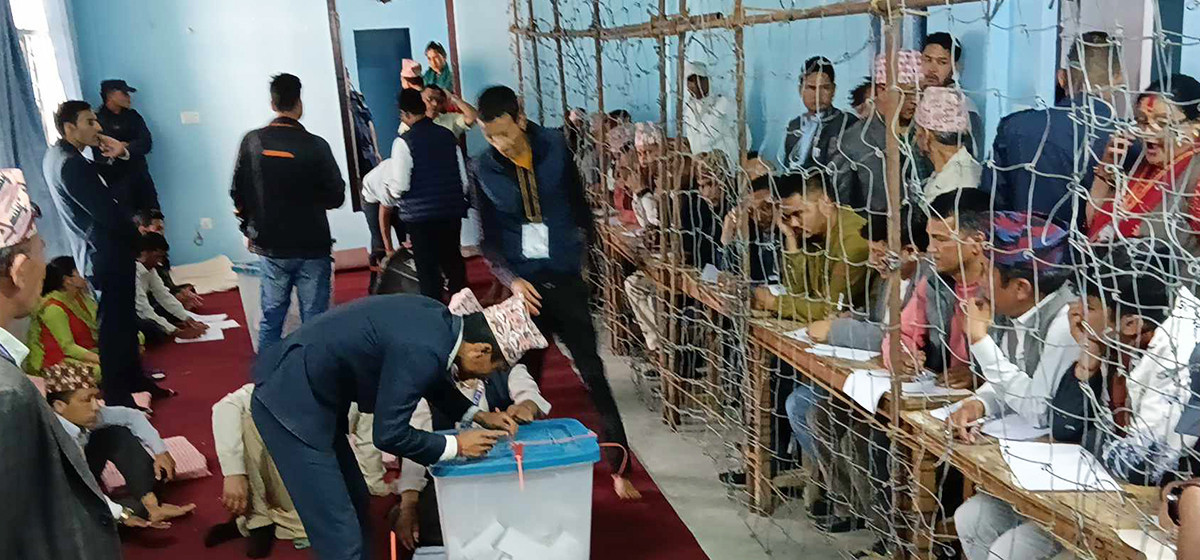
Just In
- Nepal faces Bangladesh Red in int'l U-19 Volleyball Championship final
- Nepal Investment Summit: Two organizations sign MoU for PPP cooperation
- Sita Air flight to Ramechhap returns to Kathmandu due to hydraulics issue
- Man found dead in Dhanusha
- Gold prices decreases by Rs 400 per tola
- Ilam-2 by-election: UML candidate Nembang secures over 11,000 votes
- High-voltage power supply causes damage to 60 houses
- Bajhang-1 by election: UML leads again




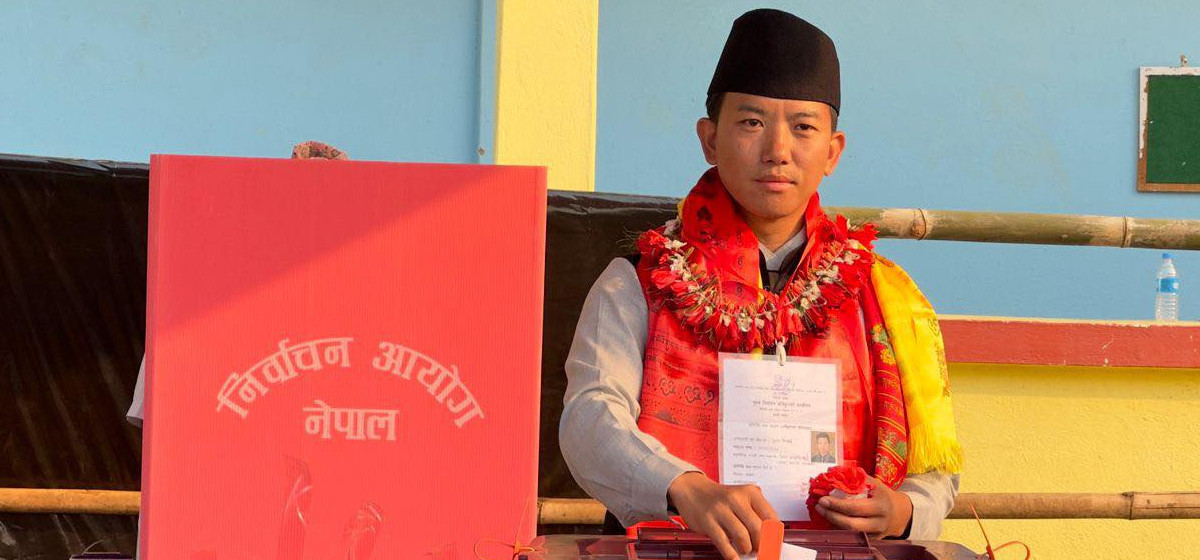



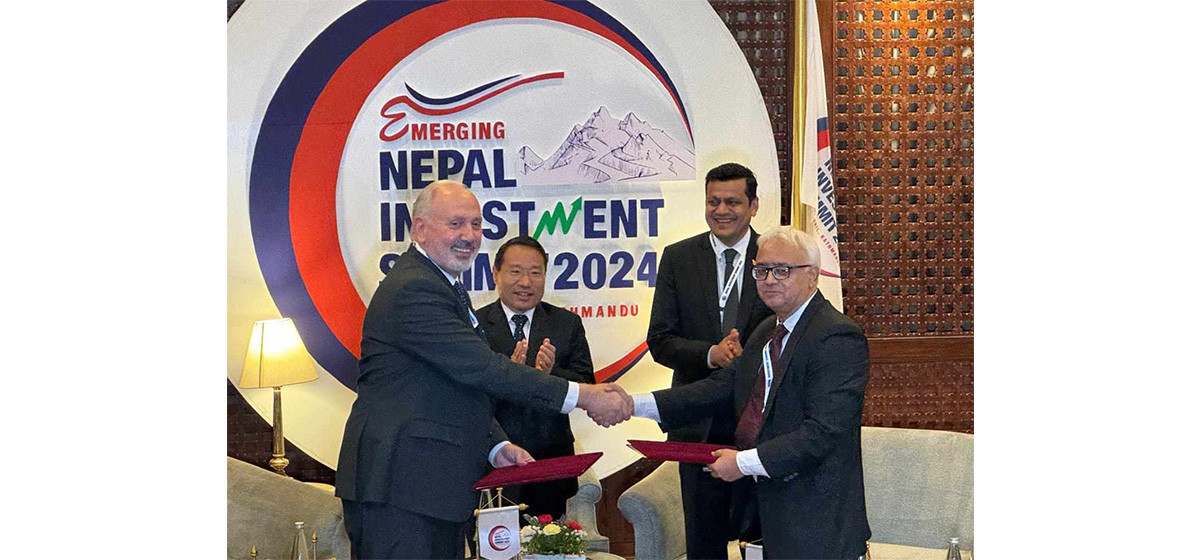

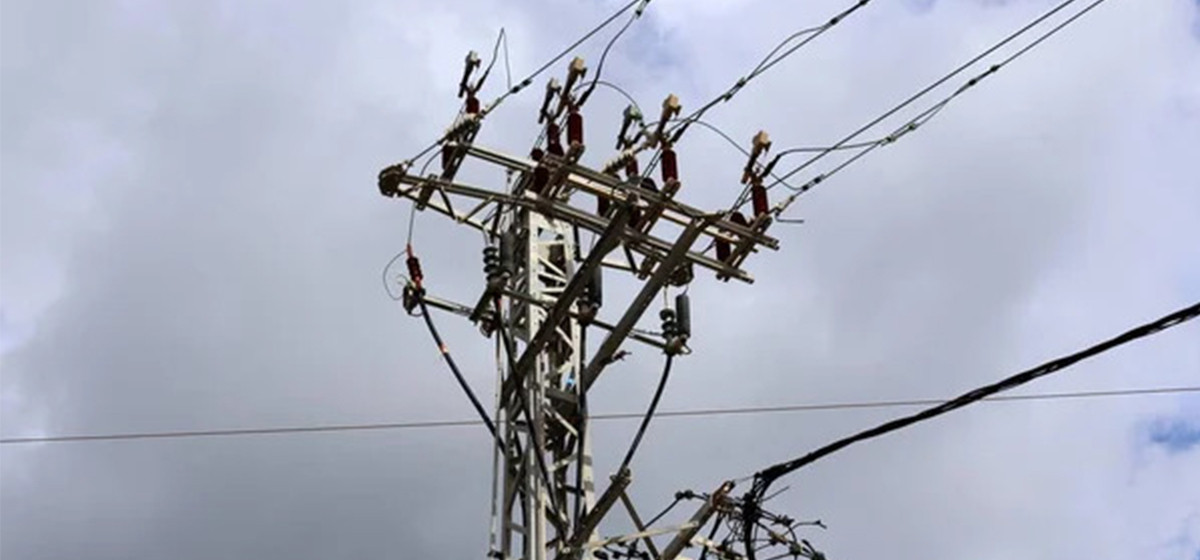
Leave A Comment